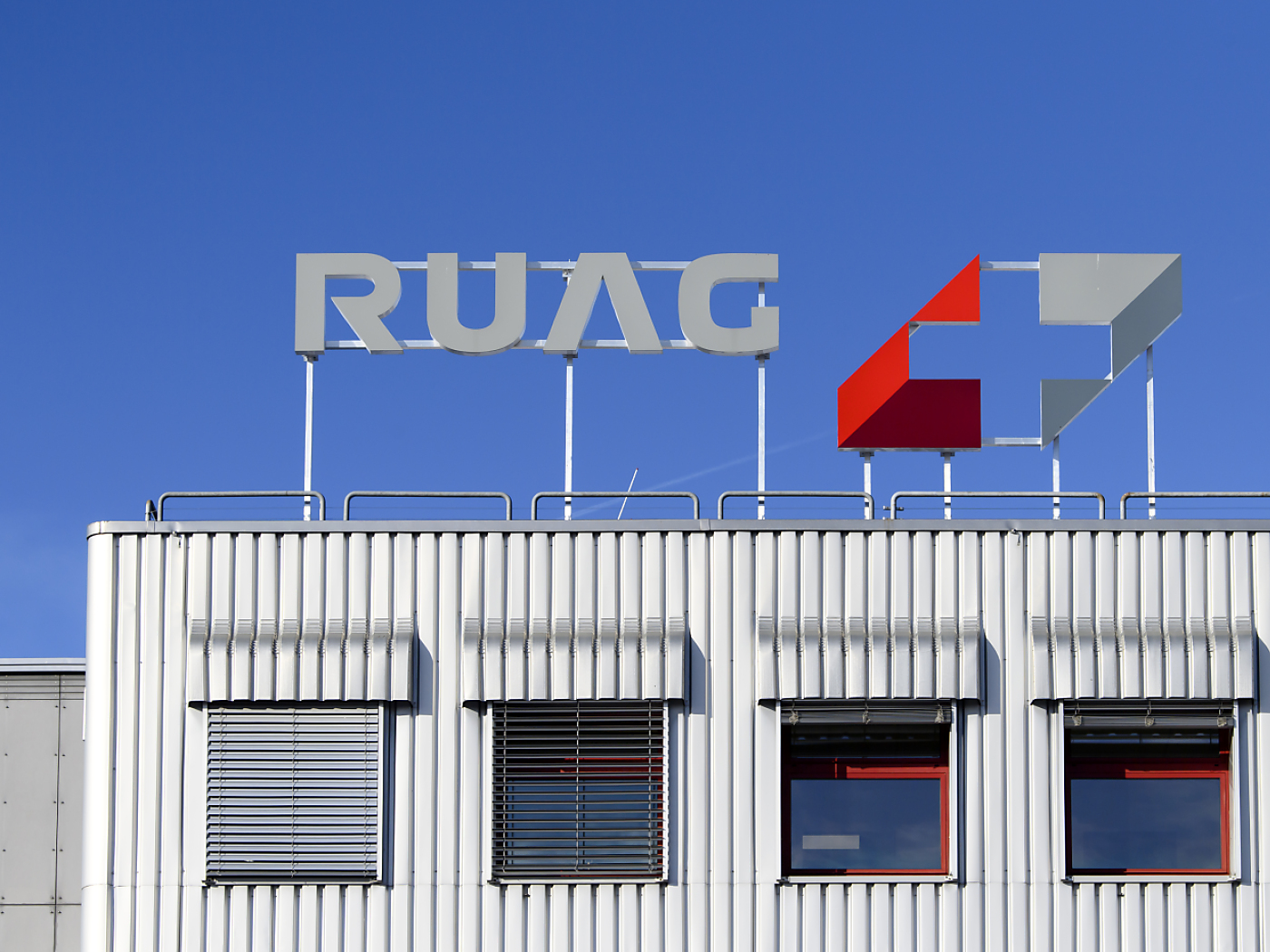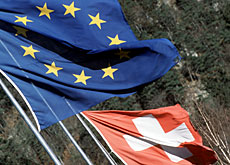EU and Swiss still deadlocked over tax evasion

A visit by the Swiss president, Joseph Deiss, to Dublin has failed to break the deadlock over a series of stalled bilateral treaties with the European Union.
Deiss told the Irish government that Bern would only sign an agreement on tax evasion along with eight other treaties being negotiated.
The Swiss economics ministry said on Monday that both sides were sticking to their respective positions. Ireland currently holds the EU’s rotating presidency.
The Irish finance minister, Charlie McGreevy, reiterated the EU’s demand of last week that Switzerland sign an accord agreeing to hand over to Brussels income from EU residents’ savings held in Swiss banks.
For his part, Deiss repeated his government’s position, telling McGreevy there would be no agreement on that accord until the EU took account of Swiss concerns over other treaties.
Switzerland and the EU have been holding a series of talks over the past two weeks to break the deadlock, but both sides seem intent on standing their ground.
No room
Bern wants amendments to the Schengen accord governing cross-border crime, which – as it stands – could threaten banking secrecy. The Swiss want an opt-out in the area of judicial cooperation.
Deiss added that the Swiss had already given ground by agreeing in principle to the taxation accord and that now it was the EU’s turn to make concessions.
Until Brussels did so, he said, there was no room for manoeuvre in the negotiations.
Deiss acknowledged that the EU was important to Switzerland, but he said Switzerland too was important to the EU.
The economics minister, who is holding the rotating Swiss presidency this year, also met later with the Irish prime minister, Bertie Ahern. The Taoiseach said Ireland was prepared to “make efforts to achieve progress in the negotiations”.
Ahern is expected to discuss with Romano Prodi, the head of the European Commission, whether a high-level meeting between both camps should be held to break the deadlock.
But Deiss said he was pessimistic about this actually happening unless progress was likely. “Switzerland is not about to change its strategy,” he said.
Bargaining chip
Correspondents say the negotiations are reaching a crucial point because the 15-nation bloc will shortly take in ten new members and Brussels will want the taxation issue resolved before then.
For the Swiss, admission to the Schengen and Dublin agreements is a priority because they can then share information on crime and asylum requests.
Bern’s strongest bargaining chip is the taxation accord. If the government gives ground on this before sealing the other treaties, Switzerland risks being pushed to the back of the queue as the EU shifts its attention to assimilating its ten new members.
Laurent Goetschel, a European political expert at Basel University, warned that negotiations could drag on for months, if not a year, before reaching any conclusion.
He said the EU has no interest in giving up on the talks, as it would rather have a negotiated solution with a non-member state.
swissinfo with agencies
The Swiss government wants concessions from Brussels in return for joining the EU’s new tax regime.
The tax deal would involve Switzerland transferring a levy on EU residents’ savings income in Swiss banks to Brussels.
Bern is seeking to conclude eight other agreements governing issues such as cross-border fraud and asylum.
In Switzerland, a referendum may need to be held before the accords can be implemented.
Ireland currently holds the EU’s rotating presidency.

In compliance with the JTI standards
More: SWI swissinfo.ch certified by the Journalism Trust Initiative










You can find an overview of ongoing debates with our journalists here . Please join us!
If you want to start a conversation about a topic raised in this article or want to report factual errors, email us at english@swissinfo.ch.